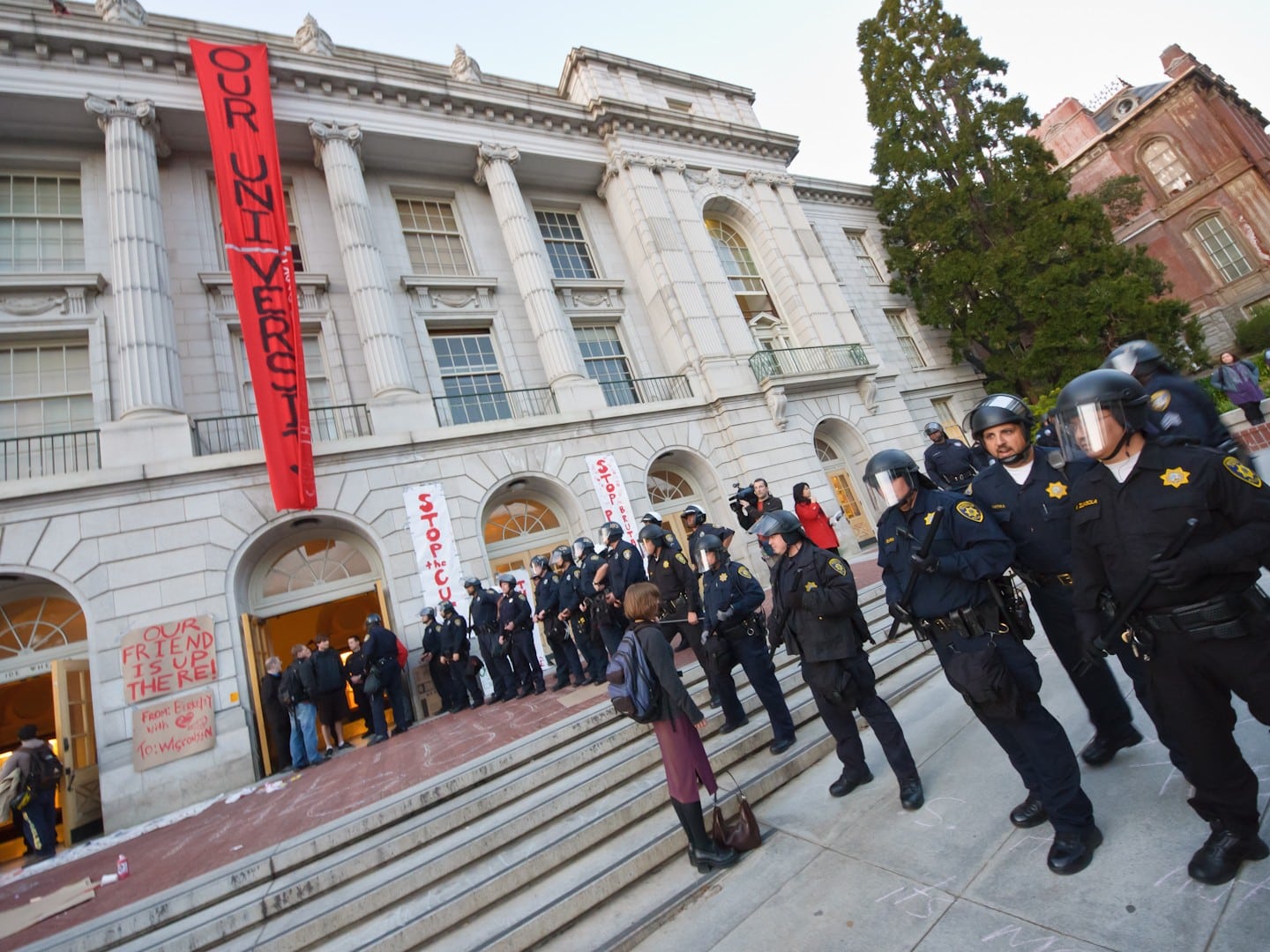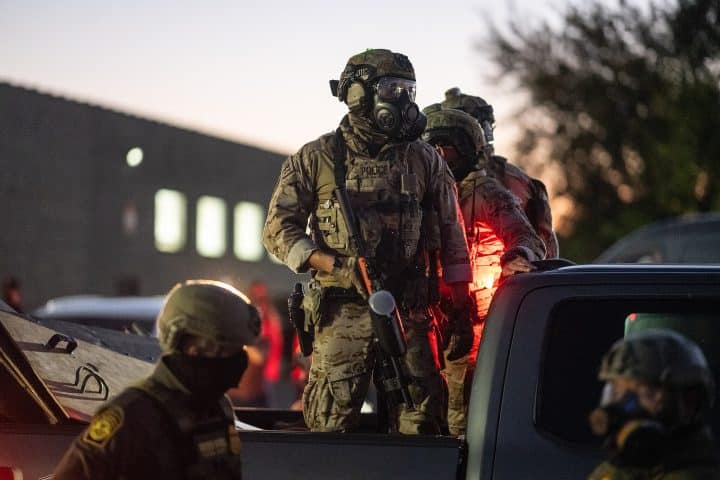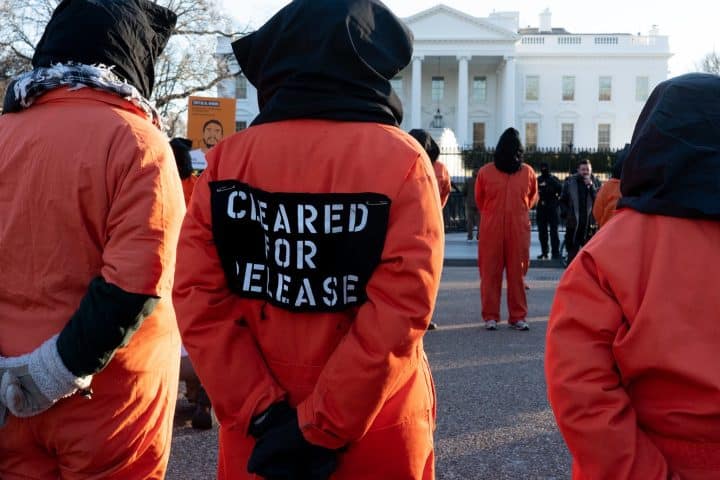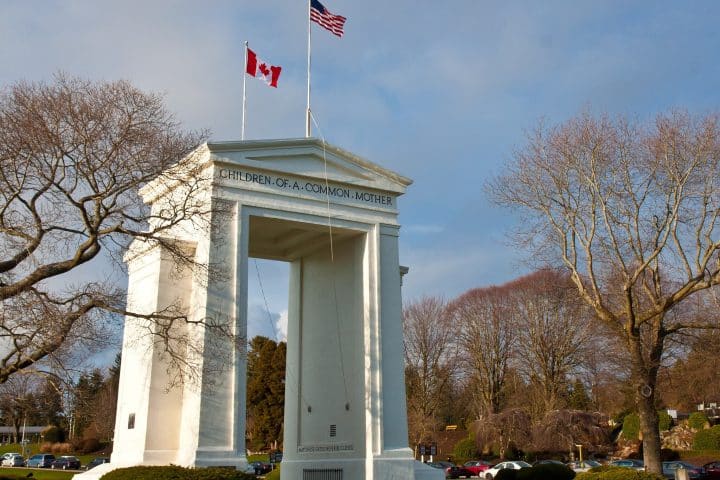Social media
Silently I laugh as I watch a reel on Instagram – a young youtuber arguing with a Trump-supporter, pointing out the inconsistencies in his argument regarding why a market-crash is actually good for the economy. Instinctively my fingers move to send the reel to my friend, as I have done so many times before, laughing together about the state of politics today; but just as I am about to click send, I stop. My finger hovers over the screen as my laughing fades away. Suddenly the video no longer seems as funny, as a fear creeps into my mind. It morphs into a little pinch in my chest, an uncomfortable feeling, unsettling my sense of security. I take a breath – in, then out – and then I scroll on, trying my best to forget that pinch, move past that uncomfortable feeling. But I can not.
Conversation
I walk through campus together with my friends, laughing about something trivial. The sun is shining, and a warm gust of wind blows by, letting us know summer is near. Suddenly one of them asks me how my courses are going, and I go off on my usual tangent about how one of my professors is driving me insane with his – in my opinion – ignorant and outdated view on politics. As I babble on, criticising him and in turn also the American educational system, I feel the air around us shift. It gets colder, heavier, almost like it is pressing down upon us. I stop in the middle of my rant, meeting the now slightly worried eyes of my friend. “Amanda, no politics”, she says with a stiff little laugh, but I can hear the anxiety hidden in her voice. Suddenly I feel the whole world around us listening to my words, eyes watching from dark corners, my phone documenting the comments I just made. And the little pinch in my chest grows stronger.
Travel
It is the last class before spring break, and the air in the classroom is filled with excitement. My classmate turns to me with a smile, asking me what fun plans I have for the break, and I tell her that me and another international student are going to Hawai’i together. Her smile drops a little as she wonders if that means I will have to go through an airport… with TSA agents and government officials checking my documents. The excitement I just felt for my upcoming plans starts to fade away as I realise that she is right, they might ask to see my visa documentation even for a domestic flight. My mind is racing through the documents in my head; yes, it should all be fine. My visa should be right, and I am allowed to travel domestically with it. I assure her that I should be okay, but even as I speak the words I am not fully convinced. Her eyes are filled with worry: “If anything happens, please call me, and I’ll contact your embassy and your family. No matter what, you always have the right to a lawyer.” I nod a little, realising that even if I think all my documents are correct, that is no longer a guarantee. I take a deep breath, trying my best to push the pinch that has taken root in my chest, away from my mind, but no matter how hard I try, that hint of worry remains.
Sitting in front of my computer, I decide I want to write a text describing my experience of being an exchange student in the U.S. during this time of change. I want it to be a reflection on the growing sense of insecurity under the Trump regime, but I wonder how I can describe it properly. I think for a moment, and then I start to write, but I barely have time to finish two sentences before my phone lights up, distracting me with a low “ding”. An email from the school administration. Within it is a description of deportations of exchange students – of people who attend my university, who hold the same visa as me – followed by the advice not to travel from the U.S. until the end of the exchange, as there is a chance that we might not be allowed back in if we do. Or well, they phrase it as advice, but I can see it is really a warning. A hint of what might come if we are not careful, or even if we are, as shown by the ambiguous deportations of foreign students and researchers from all over the U.S. The fear grows stronger within me as I read about one PhD student who got deported for “rhetoric that went against government ideals”, and I quietly reconsider whether I should continue with my reflections or not. Maybe it would have been safer if I stayed silent.
Visitors
Sometimes a conversation can turn political without meaning to, that is in a way just the world we live in. It is a thought that strikes me as I converse with a visitor from Europe; a conversation that began as a question about dinner but quickly took a turn towards the political. She has just arrived a few days ago from Switzerland and is only staying in the U.S. for a week, but as I speak with her it baffles me in how different our perspectives on political conversation is. Without meaning to, we slip into talking about the recent Trump policies, and as she starts to list her criticisms – opinions that I not only agree with, but that she also expresses through words I myself used to speak – I can feel the pinch inside me take hold again. I look around as she speaks, feeling those hidden eyes on us, and the words she says unsettles something inside me. There is a fear of who might hear us, and what might happen if the wrong person does. Around us stands my other international friends, and I can feel them become as uncomfortable by the conversation as I am. But it is a discomfort that is not shared by our visitor.
And then it hits me, how this fear changes us. Six months ago, I spoke like her, those same opinions, expressed through those same fearless statements. But today, I became deeply uncomfortable when hearing her speak as I used to, and I finally feel the fear taking hold of me. It is both terrifying and fascinating to see myself fall under its spell, adapting my behaviour, my words, even my thoughts, so as to not risk my own or my friend’s safety. And that is when I realised, this has become a world ruled by fear.
↓ Image Attributions
“University of California, Berkeley Education Day of Action Protest” by Michael Moore // Licensed under CC BY-ND-NC 2.0




